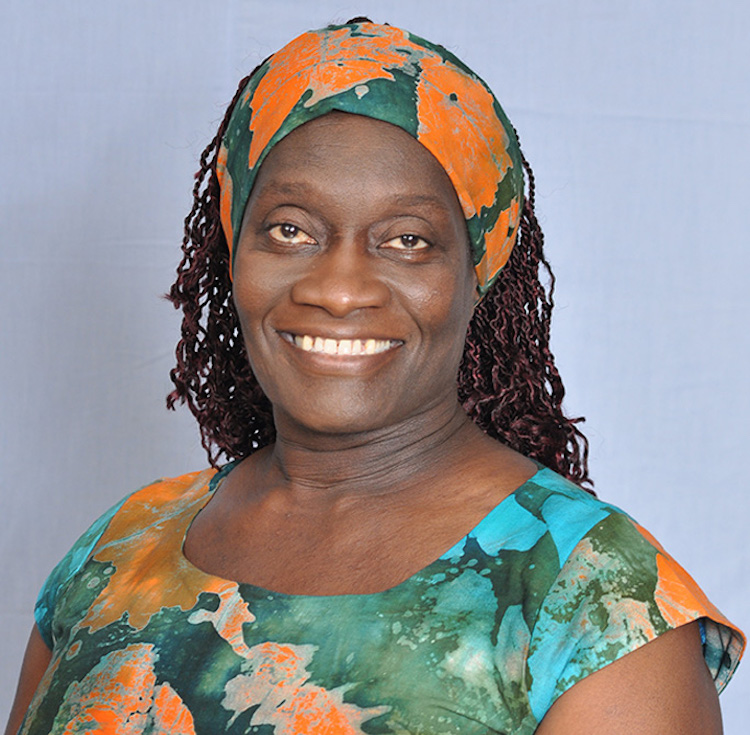NEW YORK (INPS | GIN) – Bill Gates, Bono, the Ford Foundation and the World Bank, among others, are well-known supporters of development projects in Africa. But that’s hardly the full list.
A report on international giving by the Foundation Center found that approximately $255 million to Africa came from U.S. foundations in 2010. Compare that to the $40 billion that Africans in the diaspora sent home in remittances in the same year. This has since grown to $60 billion annually and now exceeds funding from private foundations and bilateral and multilateral aid agencies.
Africans are at the forefront of change in their communities, she observes, as funders, civil society leaders, educators, policymakers and community leaders. But they are not represented adequately in development and philanthropy.
And while African women may be the focus of many development campaigns, they are rarely represented as drivers of the discussion.
“When people portray us as victims, they don’t want to ask us about solutions. Because people don’t ask victims for solutions,” said Theo Sowa at a conference in Berlin.
“In recent years, there has been more dialogue on the diaspora’s role in development,” said Lemma, “but for the most part this seeks to capture the diaspora’s financial resources to advance the work of foreign institutions – it doesn’t focus sufficiently on Africans building their own.“
“There are hundreds of thousands, if not millions, of civil society organizations and innovations that are trailblazing change in their communities,” she points out. “Certainly, some are corrupt; others are ineffective. But most are resourceful and transformational.”
Traditional philanthropy is uneven across Africa. While South Africa has philanthropic trusts and foundations that were established before World War II and continues to see growth of the formal philanthropic sector, institutionalized philanthropy is also taking place in Kenya and Nigeria.
Meanwhile, the Wits School of Business has launched a project in 2016 to make African philanthropy a field of research and learning. The program will be headed up by a Chair in African Philanthropy, which will be the first of its kind in Africa.
Currently, there is very little research and understanding of philanthropy on the continent, says Shelagh Gastrow in the South African Daily Maverick. “Information is not easy to acquire, but there is a great deal that could be achieved by those associated with this academic chair.” [International Press Syndicate – 22 March 2016]
Photo: Theo Sowa, CEO of the African Women’s Development Fund (AWDF)

